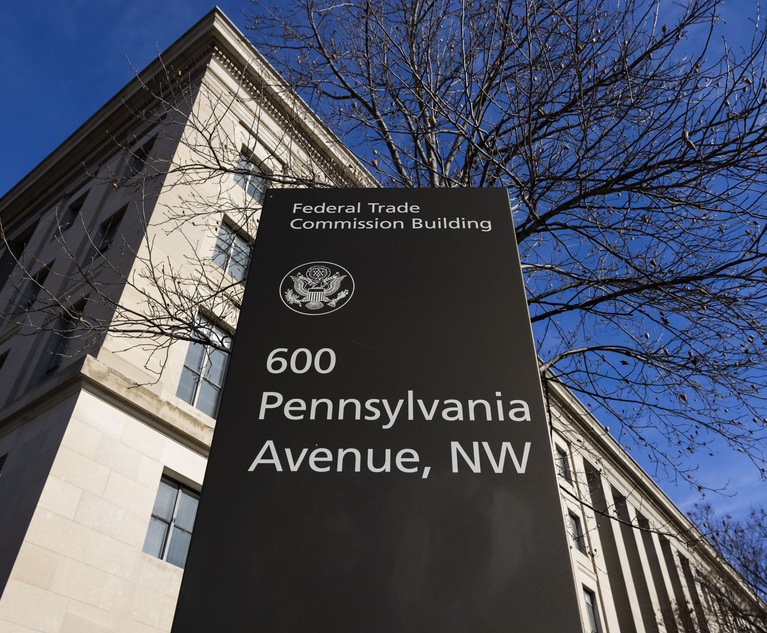Only 10 website accessibility lawsuits were filed in California’s federal courts last year, according to a new report—but that number could rise in 2019, lawyers said.
A U.S. Court of Appeals for the Ninth Circuit ruling last month found Domino’s Pizza Inc.’s website must comply with the Americans with Disabilities Act, reversing a lower court’s decision. Kristina Launey, a labor and employment attorney at Seyfarth Shaw in Sacramento, said the ruling could make California’s federal courts a more attractive destination for website accessibility lawsuits. She co-authored the recently released analysis report of ADA lawsuit trends.


 Photo: Shutterstock.com
Photo: Shutterstock.com








